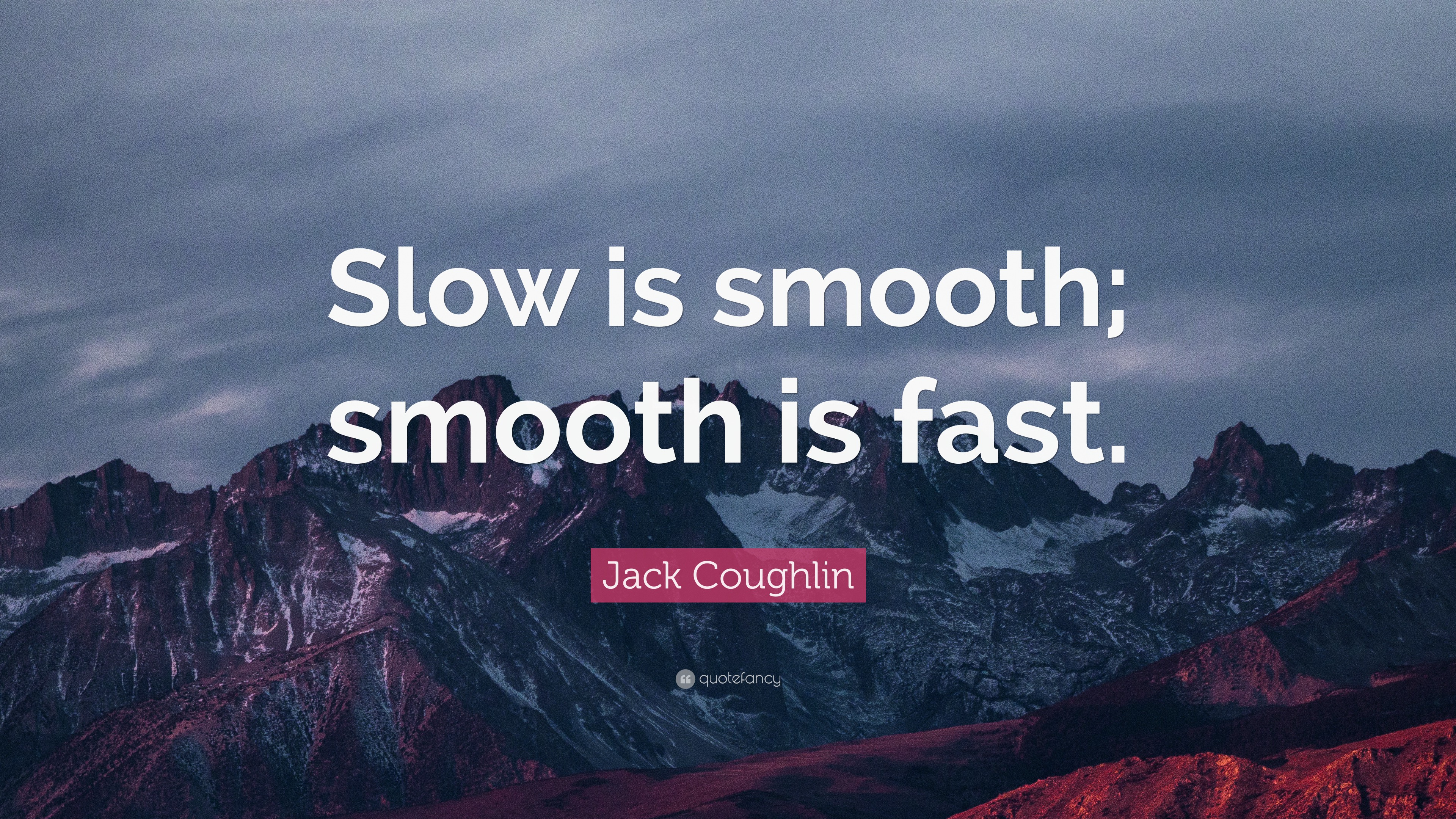How to Not Try to Hard During Meditation
4 min read
Sometimes when we meditate we attempt too hard, which can be both frustrating and unhelpful to our practice. With practice comes an ability to recognize these unhelpful mental habits and then let go of them.
One way to unburden ourselves during meditation is not making a big deal out of when our mind wanders; rather, simply recognize when this has occurred and redirect our focus back onto what matters for meditation.
Focus on the breath
Meditation requires focussing on breathing. At first, this may seem challenging and cause you to question why or what exactly you’re doing; don’t be hard on yourself though – the more often you practice this form of self-regulation, the easier it will become!
Attempting to think nothing can be counter-productive, but practicing detachment from thoughts by simply watching them rather than engaging with them can help. You could also label breath sensations with words such as “in” and “out”, which helps anchor your attention and prevent it from wandering off track.
As you become more proficient at meditation, refocusing your attention on breathing becomes simpler. Though reminders might be necessary at certain points in the session, if you can manage refocusing it for 10 consecutive breaths without fail then that would be amazing!
Though you might feel drawn towards sleep during meditation, resisting this urge only serves to complicate matters further and detract from your experience. Meditation should aim for brief moments of peace and stillness without complete mental detachment – not complete thoughtlessness.
Be gentle with yourself
At times it can be easy to become frustrated when our minds wander during meditation. To remain grounded and focused over time this practice will strengthen your ability to concentrate.
As soon as your thoughts have wandered off-track, return to counting breaths and relaxing any areas of tension in your body starting from your head all the way down to your toes. Although this may prove challenging at first, but persevere – it will pay off!
As you practice meditation, you will find it easier to focus on your in-breath than on its opposite: out-breath. Out-breaths tend to be much more active than their counterparts and therefore harder to maintain your focus while doing meditation! Many people lose their concentration quickly on out-breaths!
As soon as your mind wanders off track, smile and gently bring it back on focus by counting breaths again. Over time, your ability to concentrate will improve with practice.
Don’t judge your thoughts
Meditation novices frequently make the mistake of trying to judge their thoughts, often out of an attempt at becoming mindless. Thoughts are simply part of mental processing – like garbage that comes out of your trashcan. Thoughts will always arise; while you cannot stop thinking entirely, learning to let them pass without engaging with them may help.
When faced with judgmental thoughts, try softening them by telling yourself “it’s just my mind being itself.” This will allow you to detach from it as it passes by; eventually your ability to control judgmental thoughts will increase over time.
Do not become dismayed if your thoughts arise multiple times during meditation; it is normal and your ability to concentrate will only improve over time.
If you find that meditation becomes distracting, try shortening sessions or using guided meditation that provides a narrative to follow. Shifting expectations and practicing self-compassion may also help prevent overstraining during meditation sessions. Keep in mind that the goal of meditation should not be about reaching any particular state but being present – some meditation sessions may feel deeper or more fulfilling than others, yet it does not take hours of time in order to reap its benefits.
Don’t compare yourself to others
If your thoughts during meditation become distracting, take comfort knowing that every session is unique. Your goal should not be to reach a state of thoughtlessness but simply to be present for what’s happening right now – some sessions may feel more profound or rewarding than others; that’s okay!
If your mind wanders and you find yourself comparing yourself with others, remind yourself that their lives are just as complex and beautiful as your own. While it can be tempting to compare yourself with what someone else is accomplishing, instead turn towards those around you for support; they will gladly share their own experiences and keep you motivated.
If you find yourself bored during meditation sessions, try relaxing your body and accepting any feelings as they arise. While it can be challenging, doing this over time should allow longer sessions without your mind wandering off track and interrupting with comparisons or negative self-talk. If this still doesn’t help, consider guided meditation that provides narratives for focus or even shortening sessions for deep presence; you might just find that short breaks from mental chatter can actually bring tremendous benefits!







